The two most important coercive measures available with income-tax authorities are survey and search. While search, as the courts have said, is a serious invasion into the taxpayer’s privacy, the degree of invasion in the case of survey is far less, to the extent that it extends to the business premises only. With increased dependence on voluntary compliance, the Department selects a very few returns for scrutiny. Large number of returns are accepted summarily without calling for any other information. As a tool for collection of information survey remains an effective tool in the hands of the taxman and serves an important purpose.
Survey is an important weapon of the Income Tax Department to call for information of various kinds as may be found necessary for making proper assessments. Survey is mainly conducted with the object of broadening the tax base by discovering new assessees, to gather information about possible tax evasions by assessees, spot checking of available cash and stock and to verify in a surprise and systematic manner, whether or not accounts are maintained properly and on day to day basis etc.
While exercising the powers under survey the officers of the Department should take due care so that the operation is successful in achieving its objective. This book analyses some of the important points to be followed during the course of survey by the department as well as by the taxpayers. Although it is not exhaustive, it is indicative of important provisions of law and procedures. A case, pursuant to survey, generally goes for scrutiny and one has to rebut all the material collected against him by the authorities during survey with the help of clinching evidence. It can safely be said that a lot of exercise is to be carried out after the survey. This book, as the name suggests, wades through the entire route of survey from very beginning to the ultimate distance, passing inter alia through the pre, during and then to a purposeful and enabling a successful approach in the aftermath of survey.
This book is divided into 31 Chapters. The subject has been arranged in a very systematic manner beginning with an introduction Chapter about survey. This book discusses in detail the great variety of issues arising during survey. This comprises Chapters regarding provisions relating to survey and also deals with pre-survey precautions. The concluding Chapter contains survey related Form.
Various case laws have been rendered by Courts and Tribunal Benches, in the context of survey which are not only illustrative but also authoritative. We have identified almost all noticeable among them and placed at the appropriate places.
Although every effort has been made to support every information given in the book with the relevant sections and the rules of law, however, the book should not be construed as an exhaustive statement of law. The relevant previsions of the Income Tax Act and the Income Tax Rules, may be referred to, if necessary.
Though every care has been taken to provide authentic information yet w authors/publisher are not legally or morally responsible for any loss or damage that may arise to any person from an inadvertent error or omission in the book. We, however always welcome suggestions and criticism from our esteemed readers for further improvement of the future editions of the book.
I would like to place on record a special note of gratitude to Sh. Ashok Kumar Manchanda, IRS, (1976-Batch) who has been the guiding force and a constant source of inspiration in my life. I also express my thanks to Commercial Law Publishers (India) Pvt. Ltd wise reposed confidence in me and published this book. They have done a good job in making this book attractive, acceptable and useful.

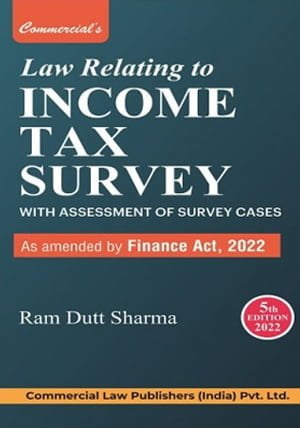
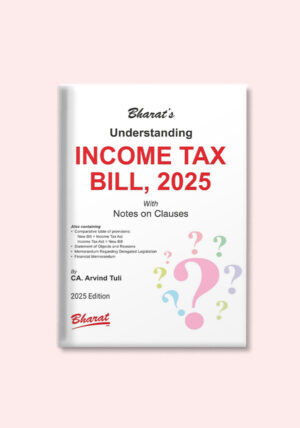
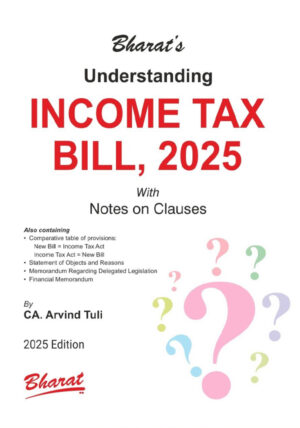
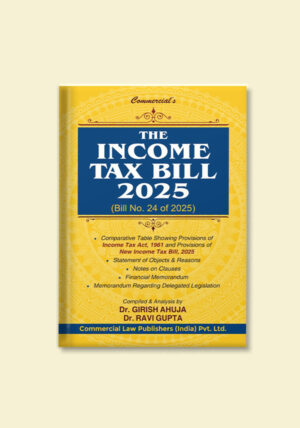
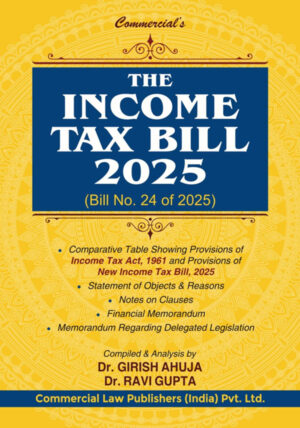
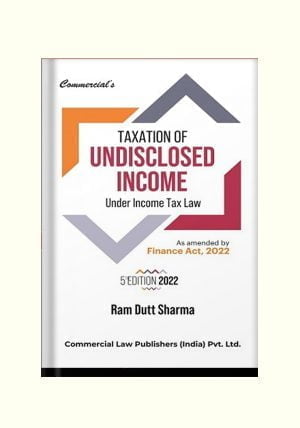
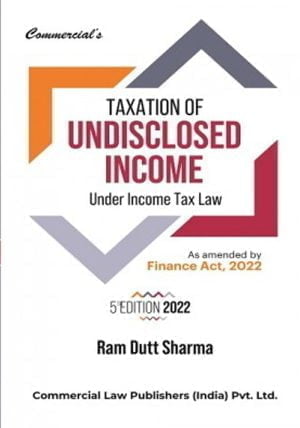
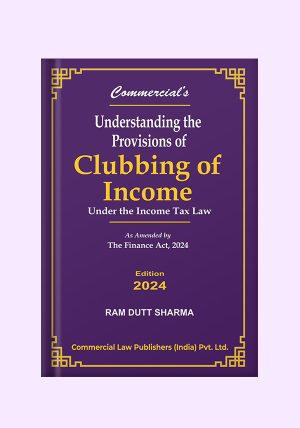
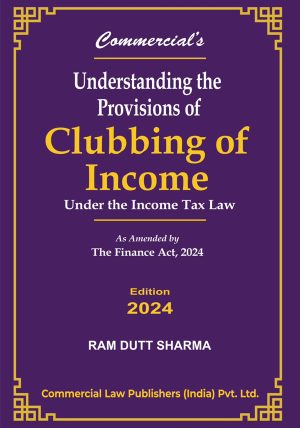




Reviews
There are no reviews yet.